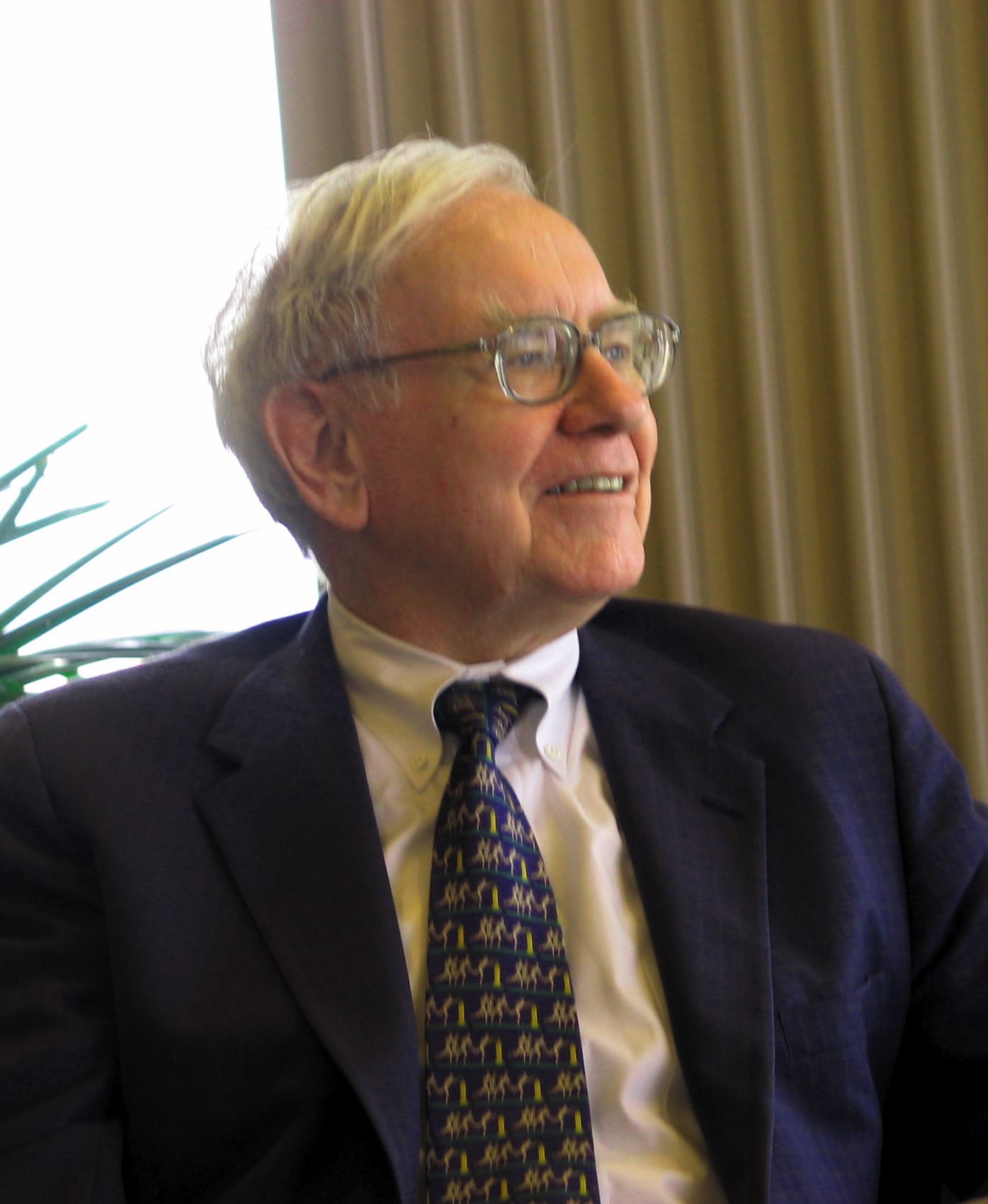William Cohan explains:
“At the same time that Goldman was shorting the mortgage market, it also had billions in mortgage-related securities larding up its balance sheet that it couldn’t offload to investors. (Not unlike every other big Wall Street bank.) In other words, at the same time that Goldman was shorting the mortgage market, it was also long the mortgage market. While that might sound like a smart hedge, it was not so smart, the Goldman executives decided, in 2007 when the short side of the mortgage trade was beginning to pay off big time.
“That’s when Goldman, led by Cohn among others, decided that the firm needed to sell the inventory of mortgage securities that it had on its balance sheet. Cohn insisted the inventory had to be sold in order to get it far away from Goldman regardless of the price the securities would fetch in the market. That was just smart risk management. It was also pretty obvious that in the thinly traded market for these complex mortgage securities, if Goldman started to sell its inventory into the market at, say, 50 cents on the dollar when everyone else had them on their books at close to 100 cents on the dollar, word would get around quickly that the mighty Goldman had a very different view of their value than the rest of Wall Street. The price of the securities would have to fall. If Goldman just happened to have a ‘big short’ trade on its books against the mortgage market at the same time it was driving down the price of the securities in the market by selling them for whatever price they could get, well then all the better for Goldman Sachs.
“Cohn told me a story of what he and other trader types at Goldman were experiencing daily as the market deteriorated throughout 2007 and confusion gripped other firms about how to price these securities. At one point, he said, Goldman offered to sell mortgage securities to KKR Financial Holdings, a specialty finance company affiliated with KKR, the buyout firm. Cohn called up Nino Fanlo, one of the founders of KKR Financial Holdings, and offered him Goldman’s entire $10 billion portfolio of mortgage securities at around 55 cents on the dollar, well below what the securities seemed to be trading for in the market. Fanlo called Cohn back and told him, ‘You’re way off market. Everyone else is at 80 or 85.’ If that was the case, Cohn told Fanlo, then KKR could have the windfall of buying the securities at 55 cents and selling them at 80 cents. 25 percentage points of profit on $10 billion face amount of securities was a cool $2.5 billion. Cohn said he was anxious to get the securities out of Goldman’s inventory; he had been trying to sell the securities at 55 cents on the dollar for a period of time and people would just hang up on him. A few days later, Fanlo called Cohn back. ‘He came back and said, ‘I think your mark might be right,’ Cohn said. ‘And that mark went down to 30.’

